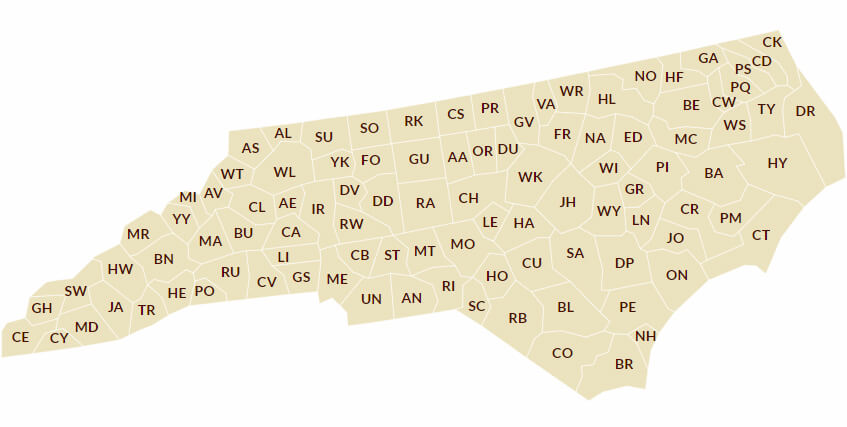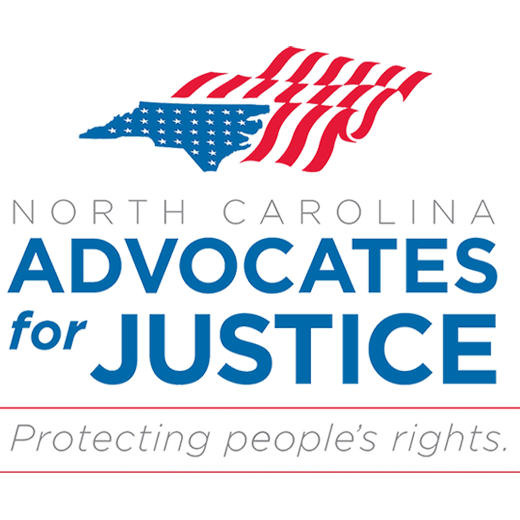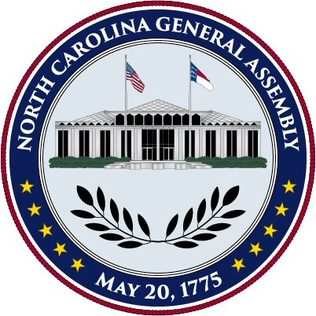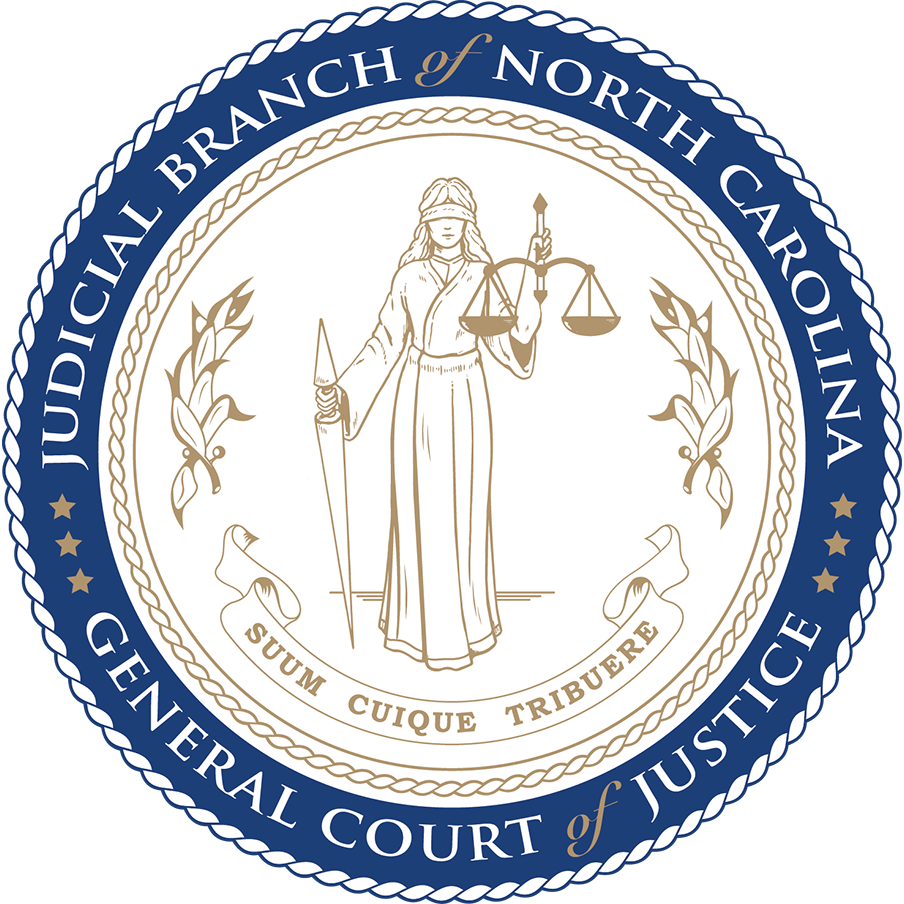Business Bankruptcy Board Certification by the ABC - The American Board of Certification (ABC) offers board certification in Business Bankruptcy Law, focusing on legal representation in business bankruptcy cases under Chapters 7 and 11 of the Bankruptcy Code. To qualify, an attorney must demonstrate substantial experience in business bankruptcy matters, including serving as lead counsel in numerous business bankruptcy cases and participating in a range of contested proceedings, such as plan confirmations, creditor disputes, and adversary actions. This certification emphasizes practical expertise in handling complex business bankruptcy cases, including pre-filing counseling, restructuring strategies, and post-filing proceedings before courts. Attorneys who earn this certification possess advanced knowledge and skills in business bankruptcy law, ensuring high-quality legal representation for businesses going through financial distress.



























